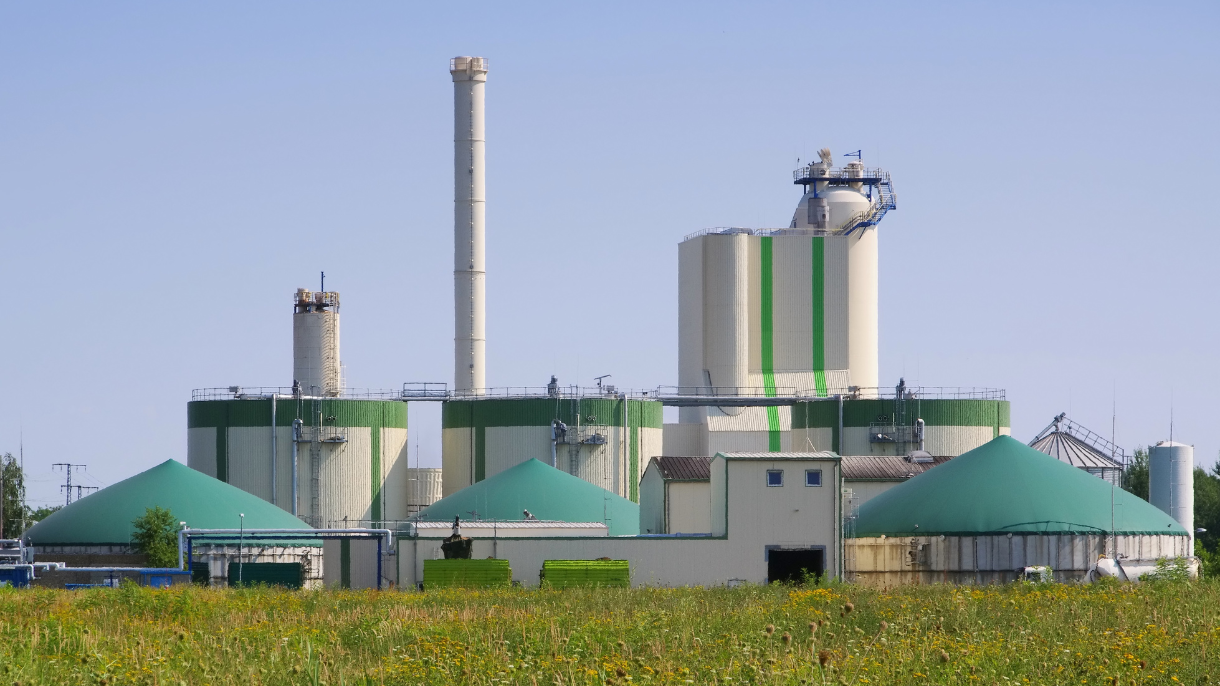Biogas Plants
Biogas plants stand as a beacon of sustainable energy production, offering a revolutionary approach to harnessing renewable energy from organic waste materials. These innovative facilities utilize anaerobic digestion to break down organic matter, such as agricultural residues, food waste, and animal manure, to produce biogas—a versatile fuel with numerous applications.
At the heart of a biogas plant is an anaerobic digester, a sealed container where organic waste undergoes decomposition in the absence of oxygen. During this process, microorganisms break down complex organic compounds into methane and carbon dioxide, along with other by-products such as water and nutrients.

advantages of biogas plant
biogas plants is their ability to mitigate greenhouse gas emissions and reduce environmental pollution. By capturing methane—a potent greenhouse gas—emitted from decomposing organic waste, biogas plants help to mitigate climate change and improve air quality. Additionally, the nutrient-rich digestate produced during the anaerobic digestion process can be used as a high-quality organic fertilizer, closing the nutrient loop and promoting soil health.
conclusion
biogas plants represent a sustainable and resource-efficient solution for managing organic waste and producing renewable energy. By harnessing the energy potential of organic materials, these facilities offer a pathway towards a cleaner, greener, and more resilient energy future. As we strive to transition to a circular economy and reduce our reliance on fossil fuels, biogas plants stand as shining examples of innovation and sustainability in action.

